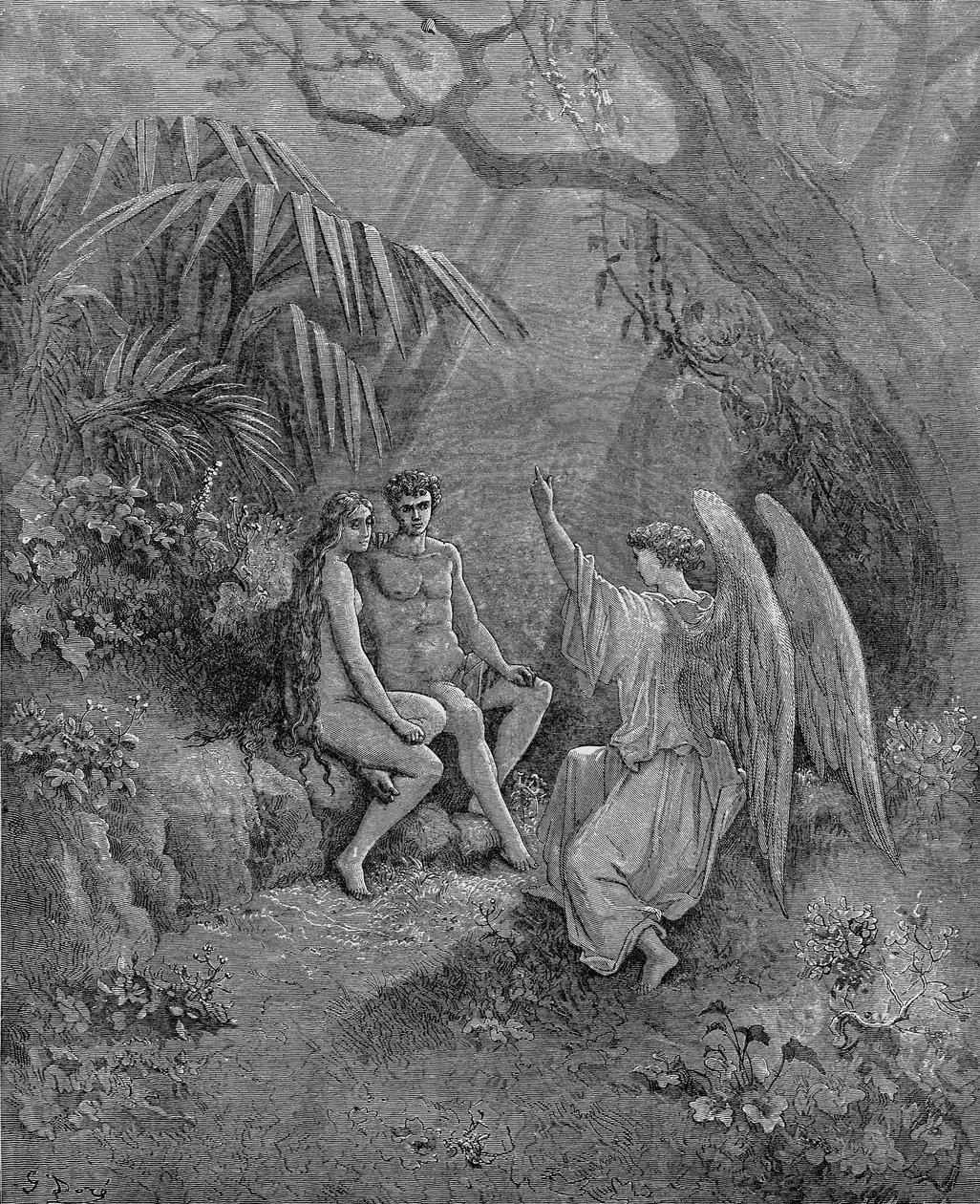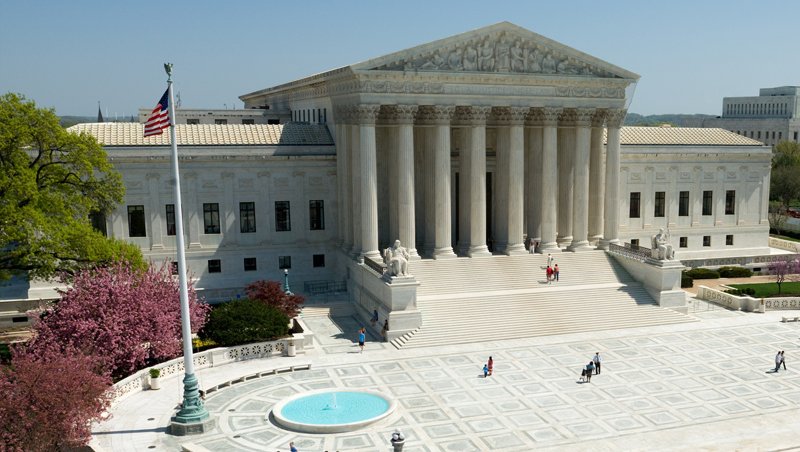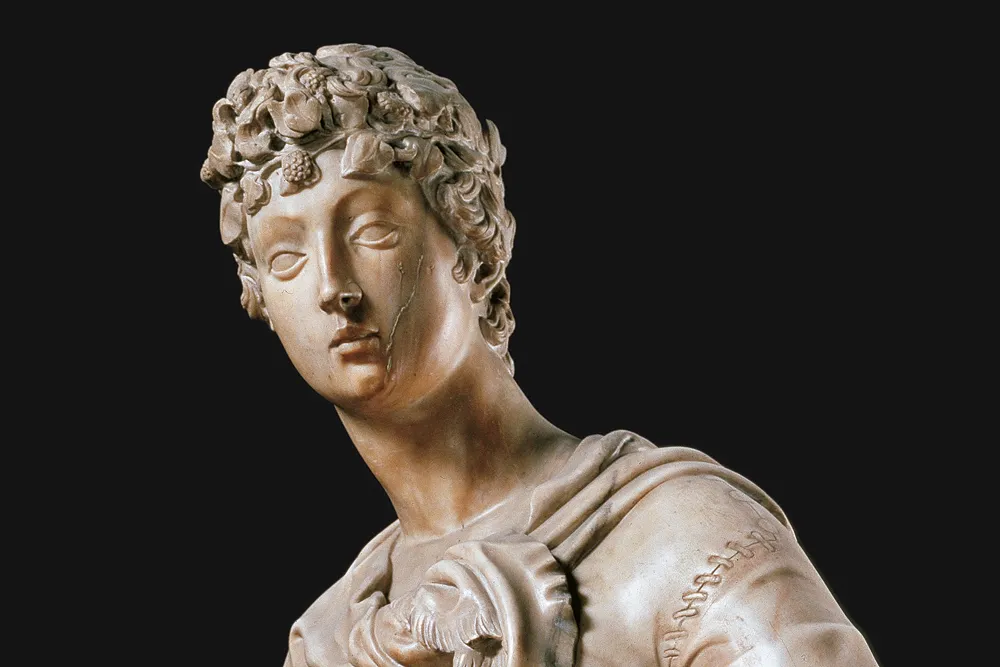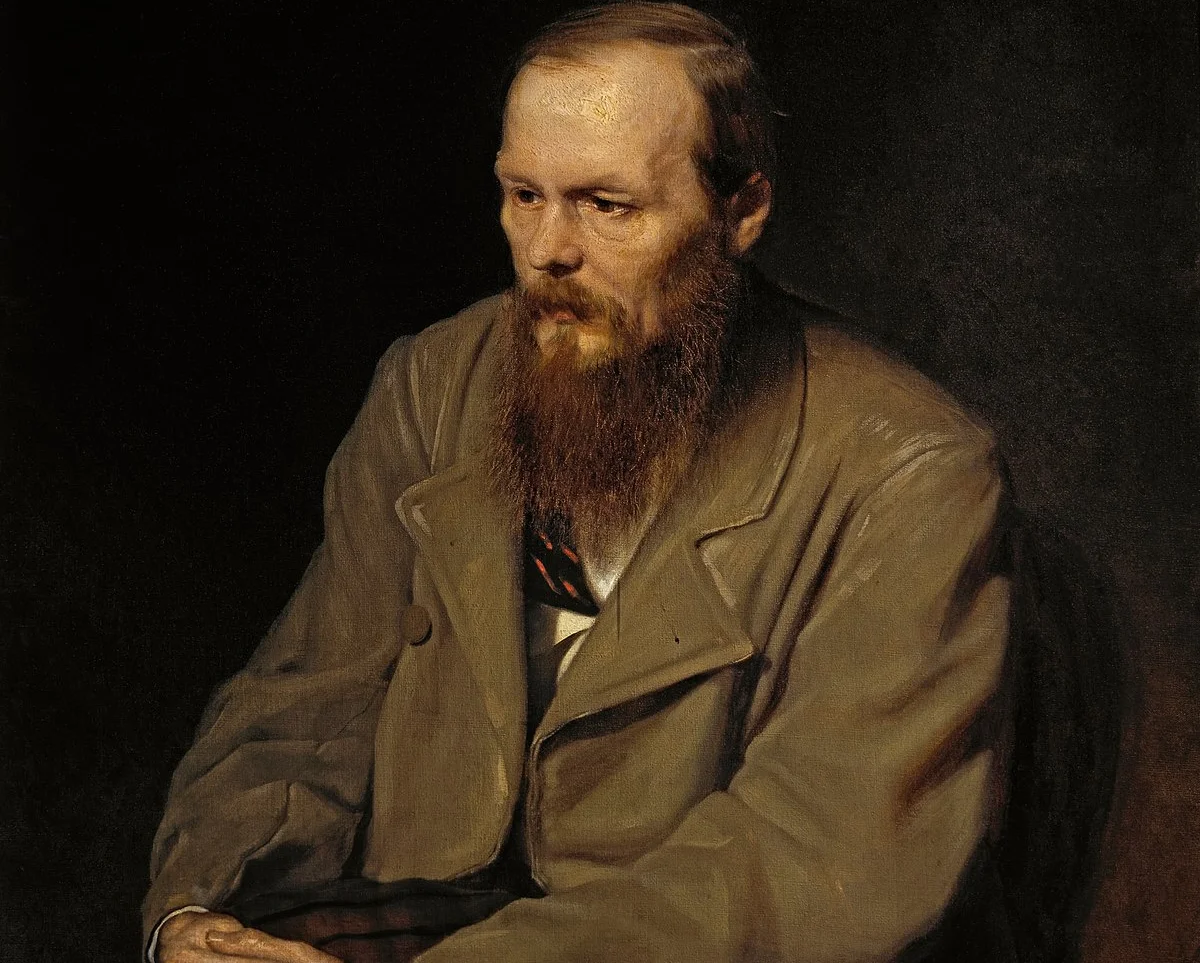Ulysses deriding Polyphemus’ is an 1829 work by Turner which depicts the tale from Book IX of Homer’s Odyssey of Ulysses (Odysseus’ name in latin) and his encounter with the cyclops Polyphemus which results in Ulysses blinding the one-eyed giant andsailing away, taunting the son of Poseidon, an action which comes back to bite him… Continue reading Turner’s Ulysses Deriding Polyphemus – a reading
Turner’s Ulysses Deriding Polyphemus – a reading























